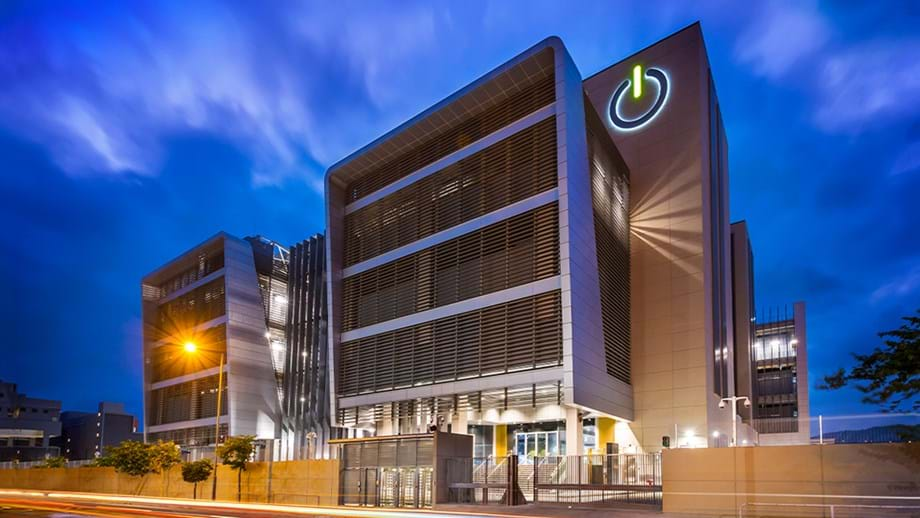Global Switch, a prominent player in the data center domain, operates 13 expansive facilities across Europe and Asia Pacific, offering a staggering 428,000 square meters of top-tier technical space. Among these, the Hong Kong center stands out as a paragon of sustainable design and efficiency. This facility, the largest carrier and cloud-neutral data center in Hong Kong, spans 70,000 square meters and is a testament to Global Switch’s commitment to environmental stewardship.
The Hong Kong data center, particularly in its first stage, set a high bar by achieving the prestigious LEED Platinum Rating. As part of its ongoing sustainability journey, Global Switch aimed to elevate the power and cooling efficiency in Buildings 4 and 5. This quest led them to Huawei, known for its trailblazing solutions in energy efficiency.
Matthew Winter, Global Switch’s Chief Design Officer, highlights the collaboration’s success. Huawei’s innovative solutions played a pivotal role in the final development phase, contributing to the facility’s impressive annualized design PUE of 1.3 at full load, a figure independently verified by CBRE | Romonet.
In the challenging warm climate of Hong Kong, reducing the Power Usage Effectiveness (PUE) is a formidable task. Huawei’s high-efficiency Computer Room Air Handling (CRAH) units, equipped with Electronically Commutated (EC) fans, address this challenge head-on. These fans adjust their speed according to the load, optimizing energy consumption. The data center’s cooling strategy, which includes free-cooling techniques, is a leading example of sustainable architecture in Hong Kong.
The power supply system, a critical component of any data center’s operations, also saw significant advancements. Global Switch Hong Kong implemented Huawei’s SmartLi UPS solution, featuring Insulated-Gate Bipolar Transistor (IGBT) UPSs and lithium batteries. This system not only halves the footprint compared to traditional power supplies but also allows for the deployment of approximately 42 additional cabinets, enhancing the center’s revenue potential. The modular UPS system’s efficiency stands at 97%, outperforming traditional tower UPS systems by 2% and offering substantial electricity cost savings. Its full redundancy design eliminates any Single Point Of Failure (SPOF), markedly boosting system availability.




